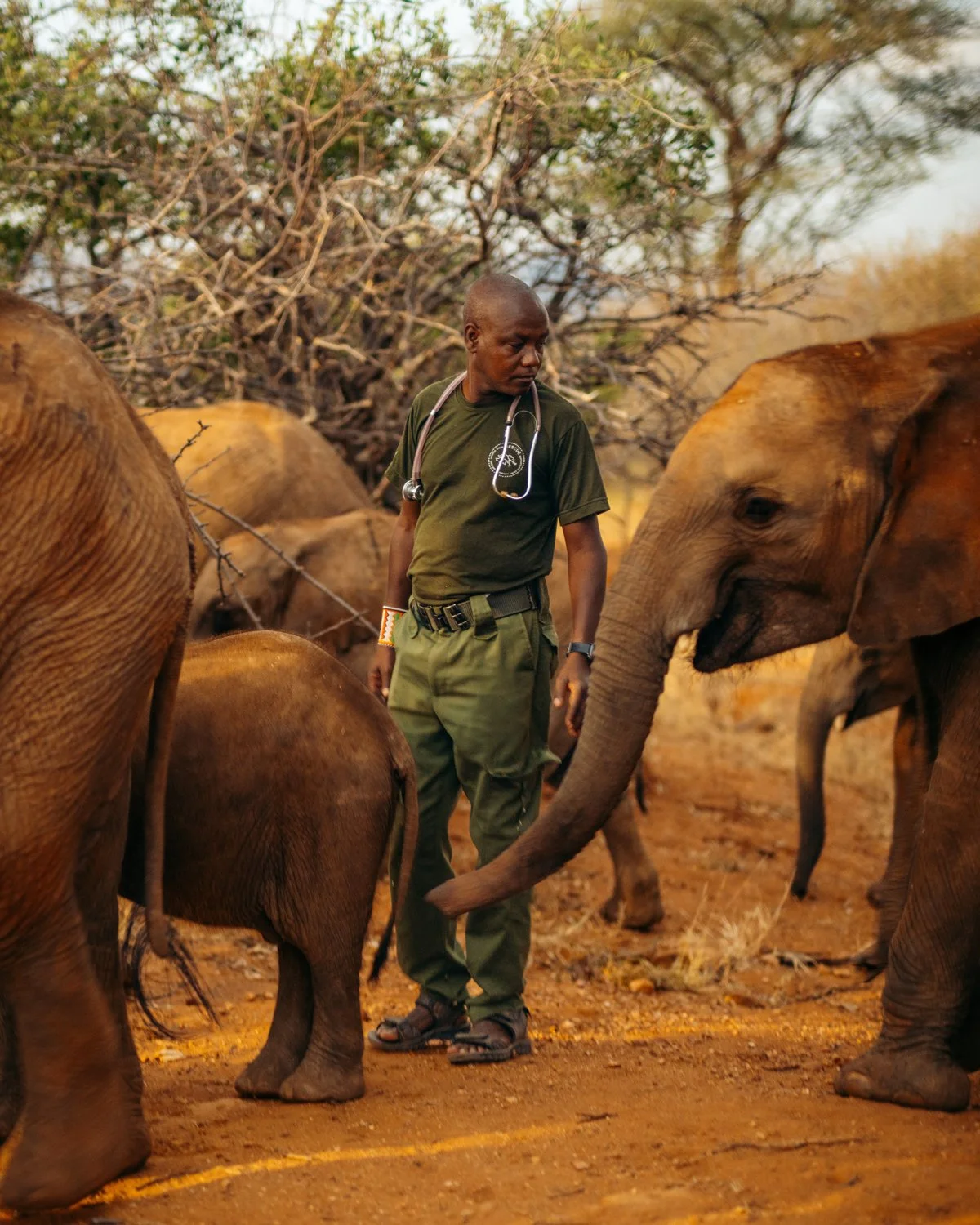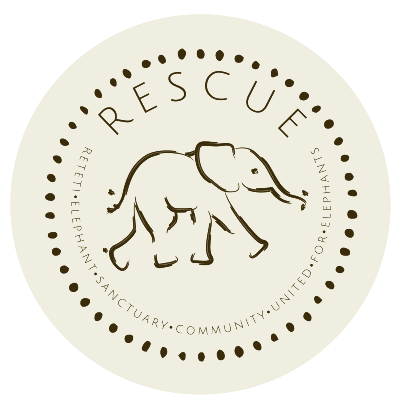
DONATION MODULE
Reach to Rescue
Donate this World Elephant Day and help us drive the change with Reteti’s first dedicated Rapid-Response Mobile Vet Unit.
Reaching the most remote and rugged parts of Northern Kenya in time will help the Reteti team provide lifesaving treatment to injured and traumatised animals – and even prevent little calves from being orphaned. Help us get there!
HELP RAISE US$ 250,000 FOR A MOBILE VET UNIT
Progress Path
DOUBLE THE DISTANCE!
San Diego Zoo pledged to match each donation up to US$ 125,000 – which means every contribution will go twice as far!
xx More about the partnership xx
MAIN WED VIDEO
(horizontal on YouTube)
Every second counts
Across the remote wilderness of Northern Kenya, escalating challenges like climate change, droughts, and human-wildlife conflict leave scores of endangered animals severely injured and orphaned every year.
When these animals are destitute and in distress, help could be hours – if not days away. Today, your support can help drive the change!
When tragedy strikes and emergency calls come in, teams navigate tough conditions, hoping to save injured animals and reunite lost calves with their mothers. Yet, the heartbreaking reality is that the size of this wilderness, its rugged terrain, and the team’s limited capacity make it near impossible to reach every harrowing incident in time.
To ensure no injured and traumatised animal is left behind, Reteti is launching a dedicated Rapid-Response Mobile Veterinarian Unit, aiming to deliver lifesaving care across this vast landscape, 24/7!
VIDEO JOSEPH
(horizontal on YouTube)
Meet Joseph Lolngojin
Joseph Lolngojine – veterinarian at Reteti – was one of the first people recruited to join this pioneering program, and he’s been with the sanctuary since 2016.
As one of only two vets currently working across Namunyak Conservancy’s vast 850,000-acre wilderness, Joseph and his colleague Jonathan Lalarari face formidable challenges – especially during the dry seasons, when there’s a significant increase in emergency call-outs.
From tending to severely dehydrated and traumatised babies, to treating those that have sustained serious wounds after falling into deep wells or fending off predators, the team’s innate bond with each animal is a tender reminder of the Samburu’s generations of human-wildlife coexistence.
Q How often do you receive distress calls?
A This is dependent on seasons, but during times of drought, many baby elephants fall into wells, grow weak, and struggle to keep up with their herds – resulting in an increase of emergency call-outs across this wilderness. We’d then go out about 10-15 per month.
Q What are some of the biggest challenges you face during emergency call-outs?
A It can be hard to reach injured wildlife because of the rough terrain and poor road network. Some places cannot be reached with a truck, and sometimes we even have to abandon our vehicle and walk miles to rescue an animal. Wild animals usually roam in places where there aren’t any roads – for example, on top of the Mathews Mountain Range. Some cases require a caravan or a chopper.
Q Tell us about a recent call-out that was successful…
A It was about 100km north of Reteti, to treat and rescue a three-week-old baby elephant. This was a very stressful case because the road was in such a bad state – but the clock was ticking and we needed to treat the calf fast! She’d already been stuck in a muddy well for quite a long time and was already moribund. Thankfully, we managed to rescue this calf in time – and could drive her back safely and provide her with urgent medical attention.
Q How do you manage to stay calm when the lives of animals are on the line?
A Courage. Without courage, you cannot hope to save an animal’s life. In my struggle to help them, I always have to prepare myself for whatever the outcome may be – because it is pegged on either side of the coin.
Matunda’s Story
xxxx
VIDEO MATUNDA
(horizontal on YouTube)
WORLD ELEPHANT DAY
Every year, 12 August raises critical awareness about the threats facing elephants, while promoting collective action to ensure their conservation and survival.
This World Elephant Day, we are pulling out all the stops to shine the spotlight on the plight of Northern Kenya’s vulnerable elephants and wildlife, while ensuring that every animal in distress gets the lifesaving help they need.
VIDEO KATIE
(horizontal on YouTube)
“MATRIARCHS AND MEMORIES”
In celebration of the 2025 World Elephant Day theme, we are honouring the wisdom, memories, and leadership of Northern Kenya’s elephant matriarchs – including the iconic Shaba who continues to captivate audiences worldwide with her trailblazing story – as well as new leaders like Kapai stepping up to lead our 2024 Release Herd.
Their ancient knowledge and crucial role in the future of this precious wilderness is mirrored by the age-old awareness, beliefs and Indigenous stewardship of the Samburu community who not only takes the lead on their conservation but has lived alongside them for generations.
“Our goal is to ensure that no injured animal is left behind. A rapid-response unit will bring lifesaving help to critically injured wildlife across this 850,000-acre wilderness in time – and even prevent little calves from being orphaned.”
Katie Rowe, Reteti Co-founder
DONATION MODULE
Reach to Rescue
Donate this World Elephant Day and help us drive the change.
San Diego Zoo pledged to match each donation up to US$ 125,000 – which means every contribution will go twice as far!
YOUR DONATION WILL CONTRIBUTE TO
A dedicated vehicle, life-saving medicines and a dart gun to enable rapid-response emergency veterinary care.
Supporting local employment through the salaries of a dedicated Samburu vet and assistant vet.
Urgent treatment for critically injured elephants and other endangered wildlife.
Early interventions to prevent young animals from being orphaned.
Extending Reteti’s impact across Namunyak Community Conservancy’s entire 850,000 landscape.
VIDEOS AND PHOTOGRAPHS
BY THIGE NJUGUNA





